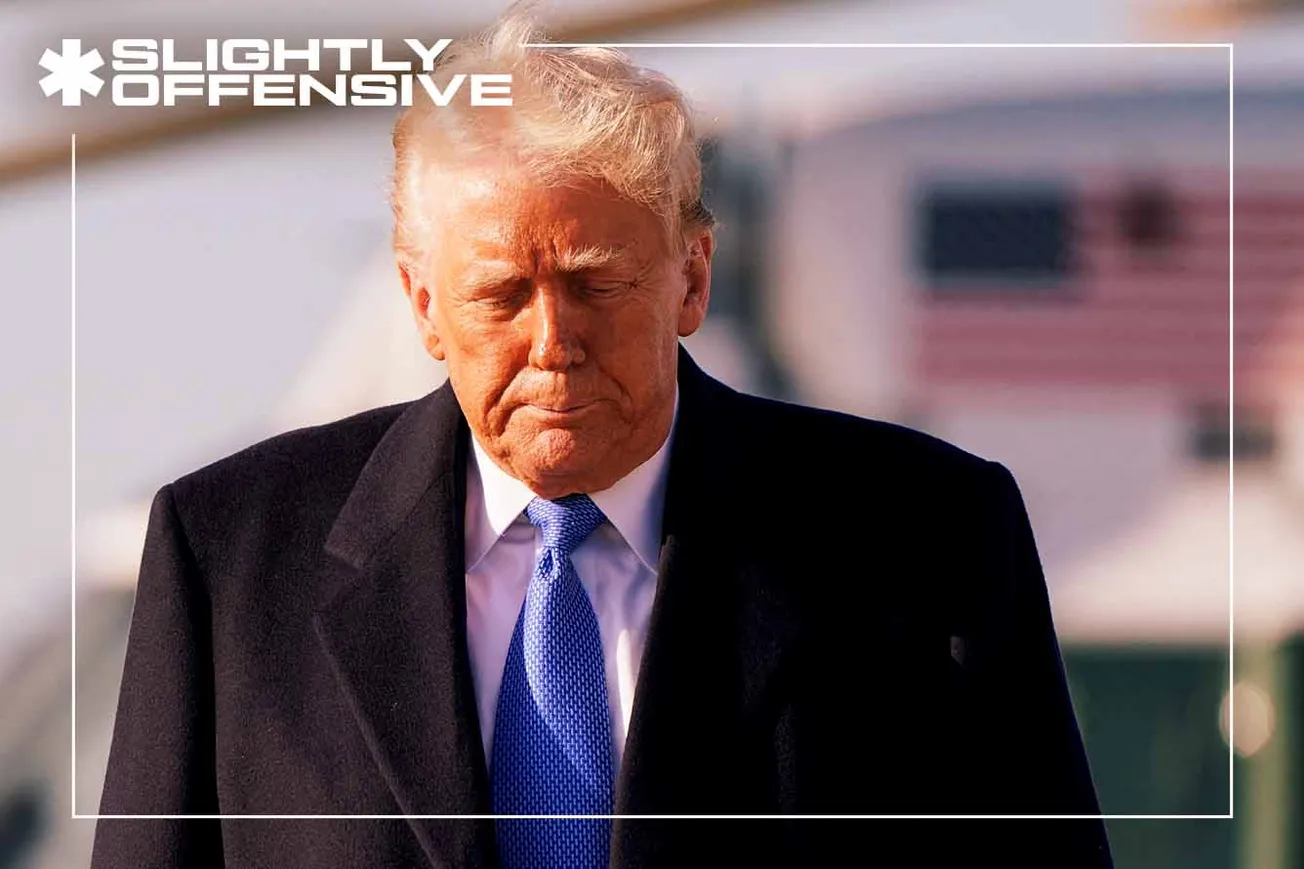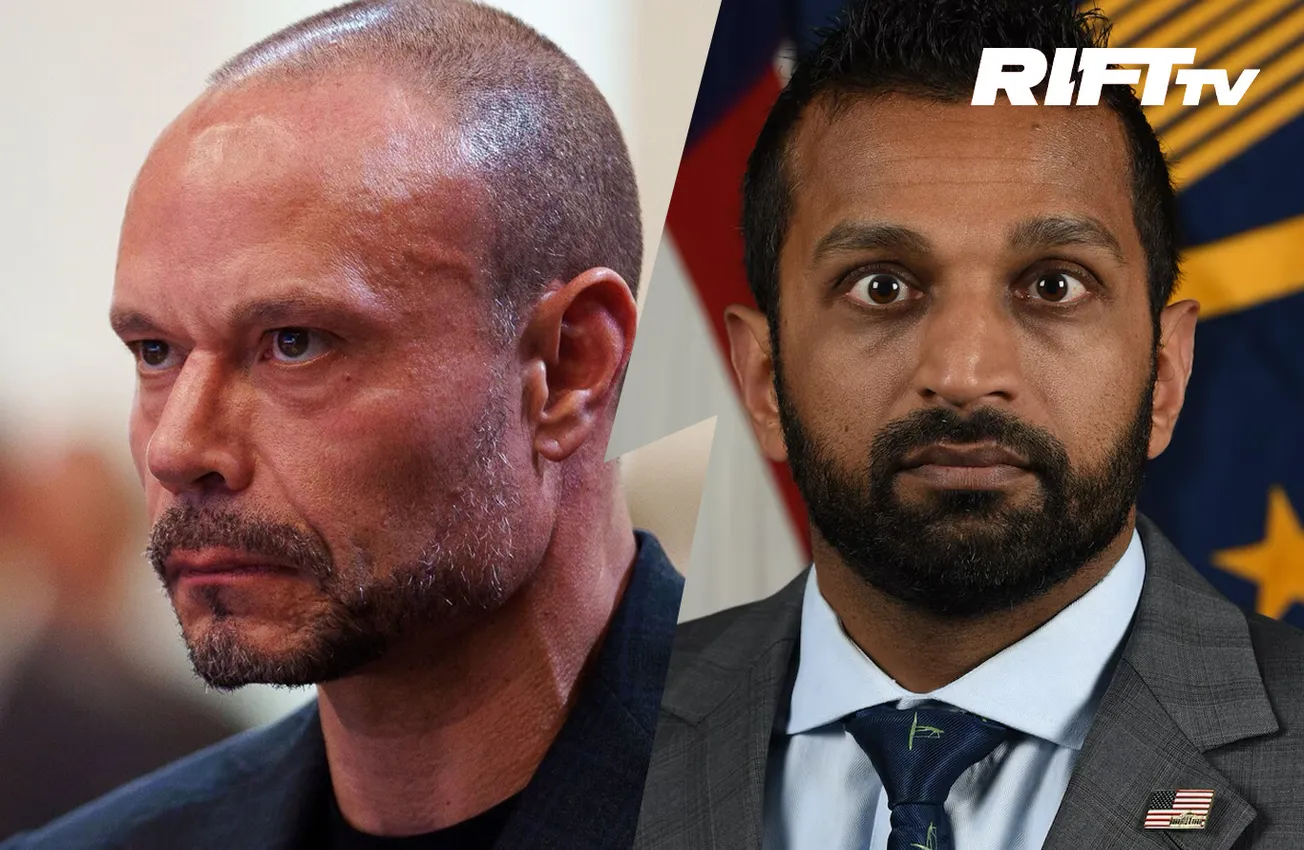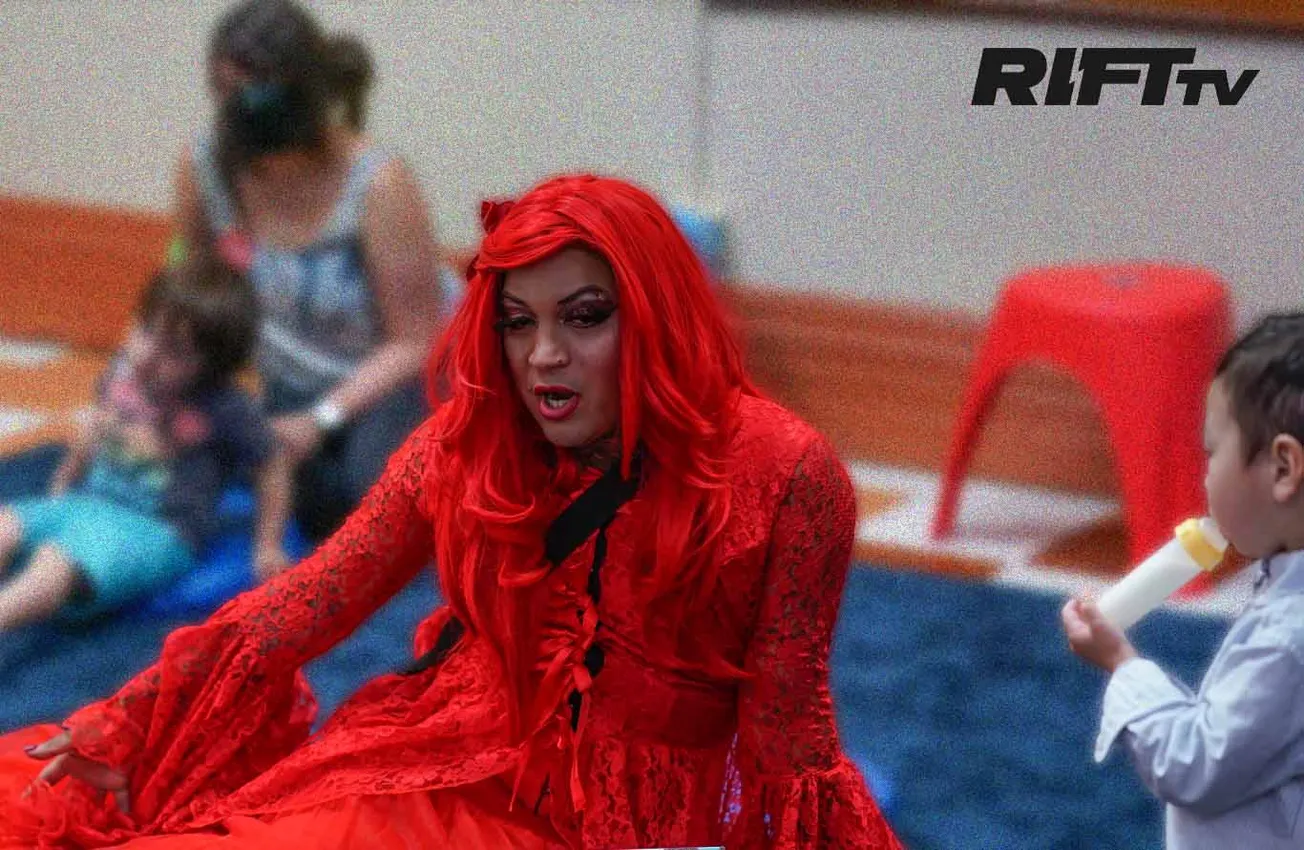WASHINGTON — The U.S. Court of Appeals for the D.C. Circuit is hearing oral arguments Monday in a high-stakes clash over the Trump administration’s bold move to deport Venezuelan nationals, including alleged Tren de Aragua gang members, under a 1798 wartime law.
The administration, fighting to preserve its authority, urged the three-judge panel to overturn what it calls an overreaching judicial blockade by a lower court, arguing that national security and public safety hang in the balance.
The case stems from President Donald Trump’s March 14 proclamation invoking the Alien Enemies Act, a statute dating back to the Quasi-War with France. It allows the president to detain or deport citizens of a hostile nation during war or an “invasion.” Trump pointed to the Venezuelan gang Tren de Aragua—labeled a terrorist outfit by his administration—as evidence of a “predatory incursion” threatening American communities. The 14-day deportation order targeted hundreds of Venezuelans, with flights swiftly departing Texas for El Salvador.
But U.S. District Judge James Boasberg, an Obama appointee, threw a wrench into the plan. On March 15, he issued an order halting the deportations, first for five plaintiffs in a lawsuit backed by the ACLU, then expanding it to all affected Venezuelans. Boasberg demanded flight details from the administration, sparking a standoff as officials resisted, citing national security risks and hinting at invoking the state secrets privilege.
Boasberg suggested during Monday's hearing that NO deportation flights should have taken off because he had scheduled a hearing for 5pm and the DOJ should have known he would try to order the return of planes already in the air 🙄
— Julie Kelly 🇺🇸 (@julie_kelly2) March 20, 2025
He again confirms the inconsistencies between… pic.twitter.com/81NzJAoUgs
In Monday’s hearing, Trump’s legal team, led by Justice Department attorneys, pressed Judges Karen Henderson, Patricia Millett, and Justin Walker to stay Boasberg’s orders. They argued the district court’s intervention “unconstitutionally impedes” the executive branch’s plenary power over immigration—a cornerstone of conservative governance. “The president has the duty and authority to protect Americans from dangerous aliens,” a government brief stated, calling Boasberg’s rulings a “massive, unauthorized imposition” on that mandate.
Conservative allies rallied behind the administration. “This isn’t about paperwork—it’s about keeping killers and drug runners off our streets,” said Rep. Matt Gaetz, R-Fla., on X, pointing to Tren de Aragua’s documented violence. A career State Department official warned last week that judicial meddling could derail delicate foreign policy deals, like the one with El Salvador to accept deportees.
The ACLU and its liberal partners countered that the 1798 law applies only to declared wars or overt invasions—not gang activity or migration surges. They accused Trump of twisting history to justify a power grab, stripping due process from vulnerable migrants. Boasberg’s orders, they said, uphold constitutional checks against executive overreach.
Da plane, Da Plane! Wen Da Plane!
— Feisty-n-Friends ⭐⭐⭐ (@FriendsFeisty) March 17, 2025
The largely pro bono attorneys from the ACLU and Democracy Forward are challenging when the planes left US air space and if the Trump Admin defied a court order... because, you know, deportations of known terrorists is bad.
Hey @dogeai_gov… pic.twitter.com/qNeScTSKQG
The administration’s defiance of Boasberg’s deadlines fueled the dispute. After missing a Tuesday noon cutoff for flight data, then submitting a scant declaration Thursday, officials drew a sharp rebuke from the judge, who accused them of “evading obligations.” Trump fired back on Truth Social, calling Boasberg a “partisan hack” and urging his impeachment—a call Chief Justice John Roberts dismissed as reckless.
Monday’s arguments laid bare the stakes. Henderson, a George H.W. Bush appointee, pressed the government on the Act’s scope, while Millett, an Obama pick, questioned the “invasion” label for gang crime. Walker, a Trump appointee, seemed skeptical of Boasberg’s reach into executive operations, hinting at a split that could favor the administration.
For conservatives, the case tests whether unelected judges can hamstring a president’s duty to secure the nation. The D.C. Circuit’s ruling—expected soon—could greenlight Trump’s deportation push or send it to the Supreme Court, where a 6-3 conservative majority might lean his way.
With Venezuelan gangs making headlines, from Colorado shootouts to Texas drug busts, the administration sees this as a defining fight. “We’re not playing games,” a senior official told reporters. “The American people elected us to act.”




![TRANS TERROR PLOT: Undercover Sting Exposes Secret Network Hides Kids for Trans Treatments, Strips 'Transphobic' Parents Of Custody [WATCH]](/content/images/size/w1304/format/webp/2025/04/trans-rights.jpg)



